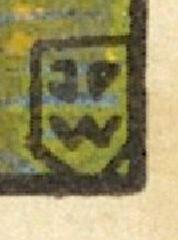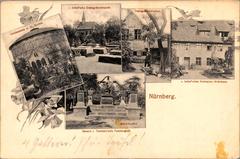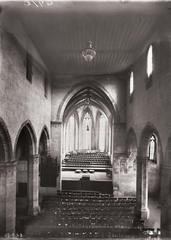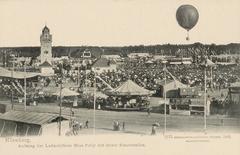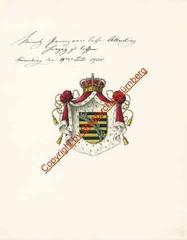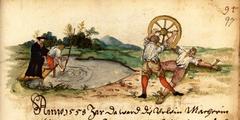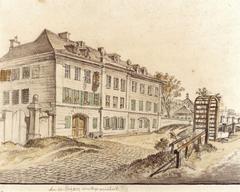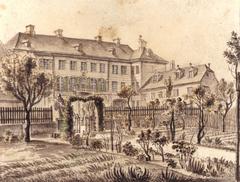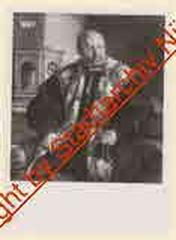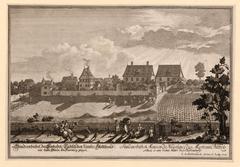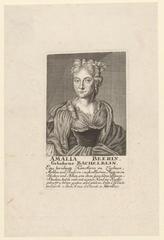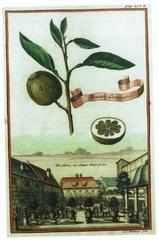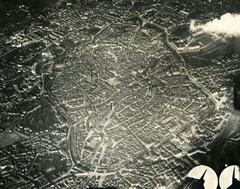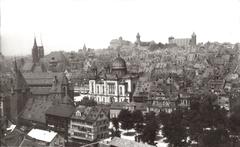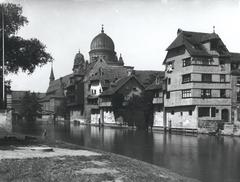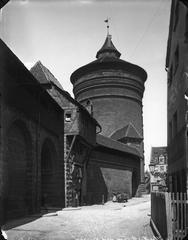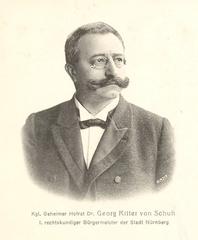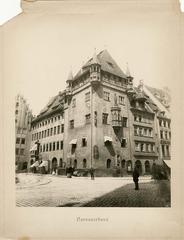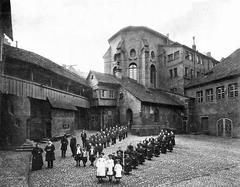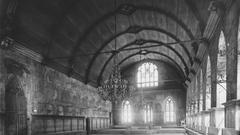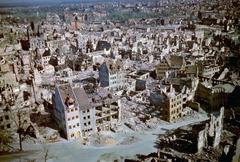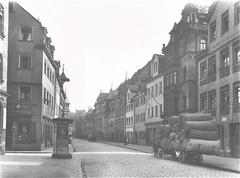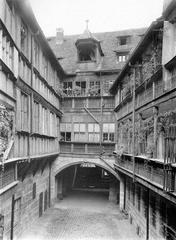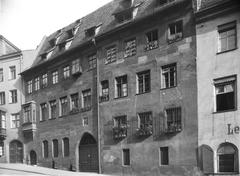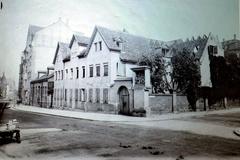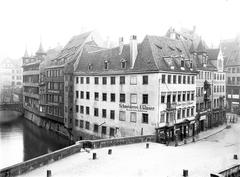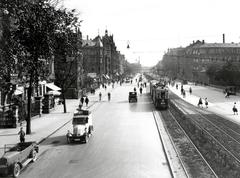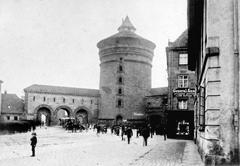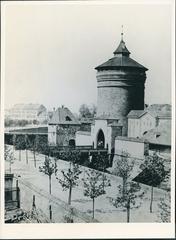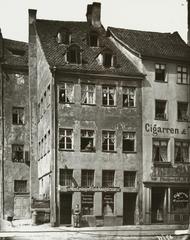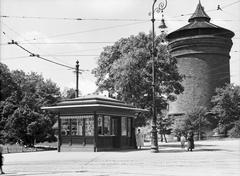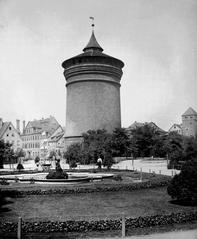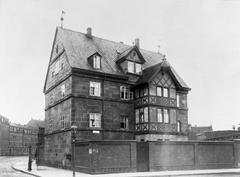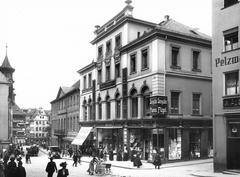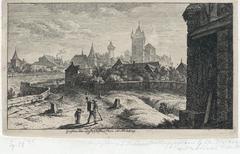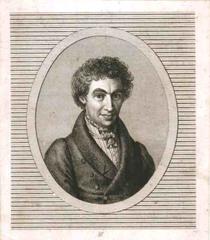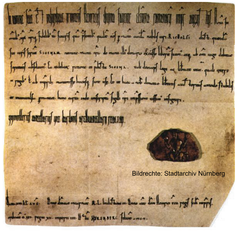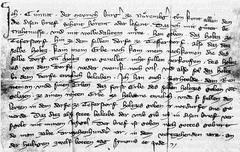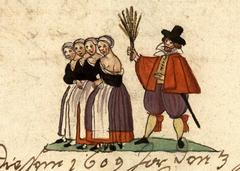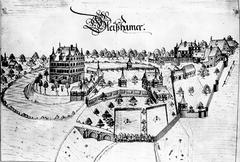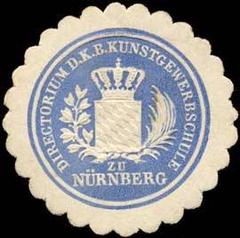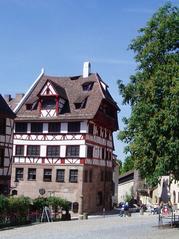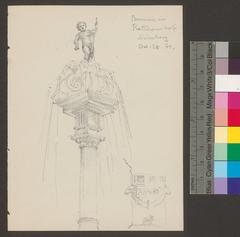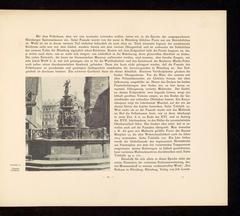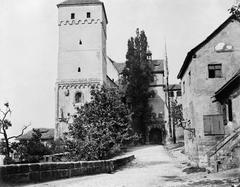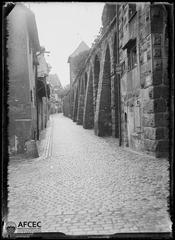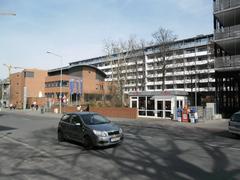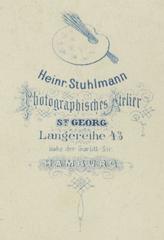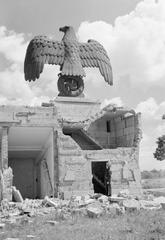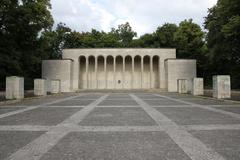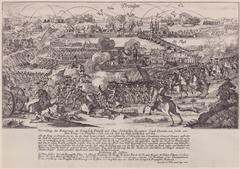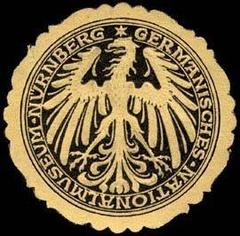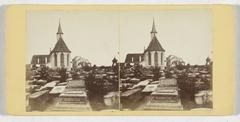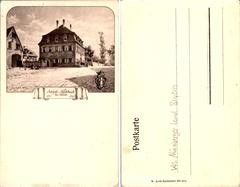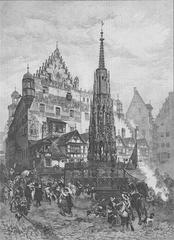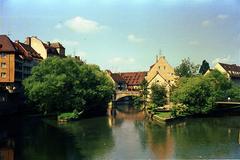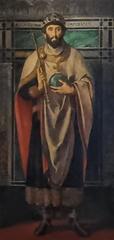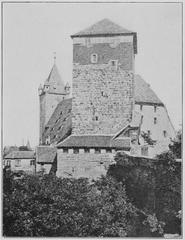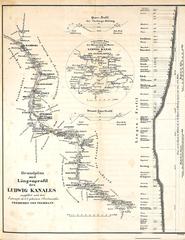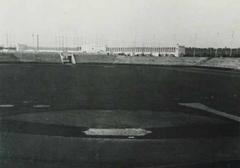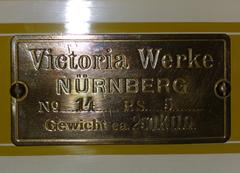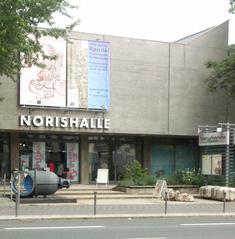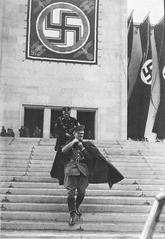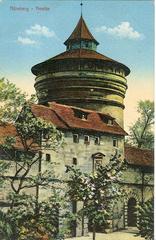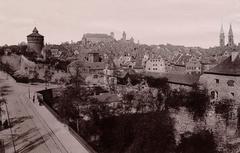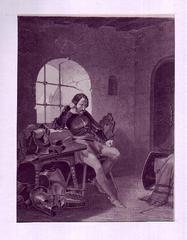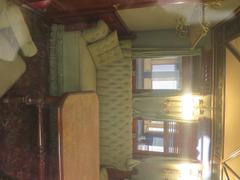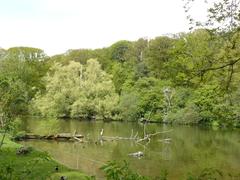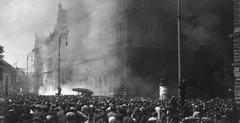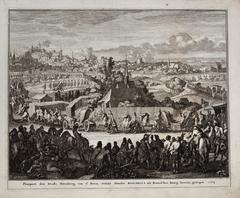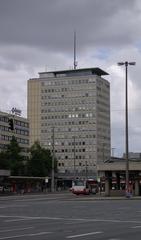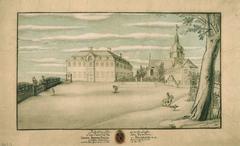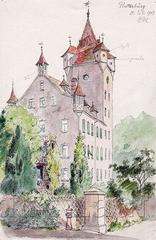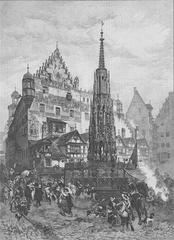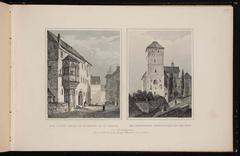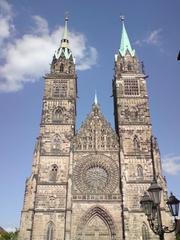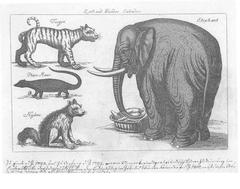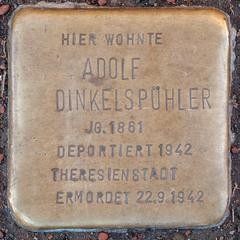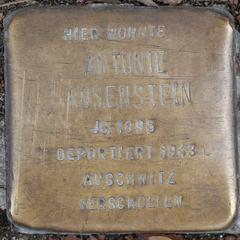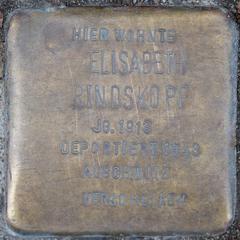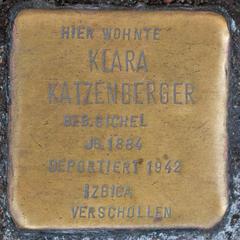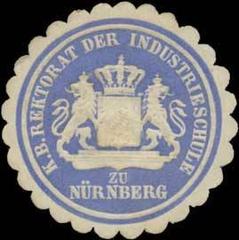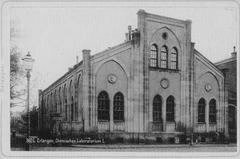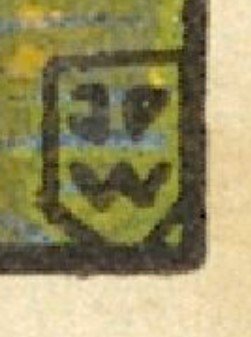
Stadtarchiv Nürnberg Visiting Hours, Tickets, and Historical Sites Guide
Date: 14/06/2025
Introduction to Stadtarchiv Nürnberg
The Stadtarchiv Nürnberg (Nuremberg City Archive) stands as a cornerstone of Nuremberg’s cultural and historical memory. With origins dating back to at least 1050, the archive preserves manuscripts, charters, photographs, maps, personal papers, and countless records that detail the city’s journey from a Free Imperial City in the Holy Roman Empire to a modern urban center. Whether you are a historian, student, genealogist, or curious traveler, the Stadtarchiv offers exclusive access to primary sources illuminating Nuremberg’s evolution, its artistic heritage, and its pivotal moments in European history. The archive’s mission extends beyond preservation, embracing education, digital engagement, and public outreach. (Stadtarchiv Nürnberg), (bavarikon – Stadtarchiv Nürnberg), (Staatsarchiv Nürnberg)
Table of Contents
- Introduction
- Origins and Early Development
- Role in the Imperial City
- Transition to Bavarian State Control
- Holdings and Collections
- Visiting Hours, Tickets & Accessibility
- Guided Tours & Visitor Tips
- Research and Public Engagement
- Preservation and Modernization
- Nuremberg’s Historical Memory
- Frequently Asked Questions (FAQ)
- Nearby Attractions & Suggested Itineraries
- Conclusion & Call to Action
- References
Origins and Early Development
The Stadtarchiv Nürnberg finds its roots in the medieval period, with the earliest surviving document—the release of the serf Sigena—dated July 16, 1050, considered Nuremberg’s “birth certificate.” As the city flourished as a trading and political hub, the archive expanded to safeguard legal documents, charters, and council records essential for administering the Free Imperial City. (Stadtarchiv Nürnberg)
Role in the Imperial City
In the late Middle Ages and Renaissance, Nuremberg was a leading city of the Holy Roman Empire. The Golden Bull of 1356 established Nuremberg as the site for Imperial Diets, and the Imperial Regalia were housed here from 1424 to 1796. The archive preserves vital council minutes, legal records, and correspondence from this era, documenting governance, daily life, and the influence of prominent citizens such as Albrecht Dürer. (Stadtarchiv Nürnberg)
Transition to Bavarian State Control
With Nuremberg’s integration into the Kingdom of Bavaria in 1806, the original Imperial City archive became part of the Bavarian state (Staatsarchiv Nürnberg), while the Stadtarchiv Nürnberg continued as the city’s municipal archive. The collections grew to include private archives, photographs, and materials reflecting Nuremberg’s industrialization, wartime experiences, and postwar recovery. (Staatsarchiv Nürnberg)
Holdings and Collections
The Stadtarchiv Nürnberg is regarded as the “memory of the city,” with nearly 20 linear kilometers of holdings spanning from 1050 to the present (Wikipedia – Stadtarchiv Nürnberg). Collections include:
- Medieval charters and council minutes
- Administrative files and legal documents
- Personal papers of notable citizens and families
- Photographs, posters, and ephemera
- Historic maps, including the 1630 Hans Bien city map (Historic Nuremberg PDF)
- Audio-visual materials and oral history interviews
Collections are categorized for research purposes, supporting academic, genealogical, and public inquiries. Many finding aids and selected documents are digitized for remote access (Online-Findmittel und Online-Digitalisate).
Visiting Stadtarchiv Nürnberg: Hours, Tickets & Accessibility
Current Visiting Arrangements (2025)
Due to ongoing renovations (expected until 2030), the main archive building is closed to the public. However, materials can be accessed by appointment at external locations such as the Lichtenau branch.
- Address (Administrative Office): Rollnerstraße 14/4, 90408 Nürnberg (no public materials here)
- Reading Room Access: External locations (e.g., Lichtenau branch), by prior appointment (Außenstelle Lichtenau)
- Opening Hours: By appointment only; limited workspace; Fridays open mornings only (Benutzung und Beratung nach Voranmeldung)
- Admission: Free; registration and advance booking mandatory
- Accessibility: Most external sites are accessible; inquire about specific accommodations when booking
- Contact: Tel. +49 911 935190, Fax +49 911 9351999, Email [email protected]
Guided Tours & Visitor Tips
- Guided Tours: Offered occasionally; check the events page for schedules (Staatsarchiv Nürnberg Veranstaltungen)
- Exhibitions & Lectures: Regular thematic exhibitions, lectures, and educational outreach programs
- Photography: Permitted in reading rooms for personal research (self-service digital photography), subject to rules; inquire for permissions in exhibition areas
- Visitor Guidelines: Food and drink prohibited in research areas; note-taking with pencils only; silence required in reading rooms; children welcome with supervision
Research and Public Engagement
The Stadtarchiv Nürnberg supports a wide range of research, including legal, genealogical, and academic topics. Public engagement initiatives include:
- Digitization Projects: Expanding online access to collections (Stadtarchiv Nürnberg – Einfach Online Machen)
- Community Projects: “Perspektivwechsel” project, collecting oral histories of young migrants (Perspektivwechsel Project)
- Educational Programs: Lectures, school tours, and lifelong learning opportunities (kpz-nuernberg.de)
Preservation and Modernization
Materials are preserved in climate-controlled environments, with ongoing digitization protecting originals and enhancing access. Since 2000, the archive has been housed in the modern Norishalle. The Stadtarchiv is also part of the city’s emergency association for the protection of cultural assets (Mitglied im Notfallverbund Nürnberg).
Nuremberg’s Historical Memory
The Stadtarchiv Nürnberg provides resources for understanding all eras of the city’s history, including its role during the Nazi era and the Nuremberg Trials. The archive supports a culture of remembrance and civic education, collaborating with city tours and memorial projects (Culture of Remembrance Tour).
Frequently Asked Questions (FAQ)
Q: What are the Stadtarchiv Nürnberg visiting hours?
A: Visits are by appointment only due to renovations. Reading rooms have limited hours; book in advance.
Q: Is there an entry fee?
A: No, access is free, but appointments are required.
Q: How do I make an appointment?
A: Book via the archive’s website or contact by phone or email.
Q: Are guided tours available?
A: Yes, but only occasionally. Check the events page in advance.
Q: Is the archive accessible for visitors with disabilities?
A: Most external sites are accessible; confirm your needs when booking.
Q: Can I take photographs?
A: Yes, in reading rooms for personal research, following archive rules.
Nearby Attractions & Suggested Itineraries
Combine your visit to the Stadtarchiv with nearby historical sites:
- Nuremberg Castle (Kaiserburg): Medieval stronghold with panoramic city views
- Albrecht Dürer’s House: Home of the Renaissance artist
- Germanisches Nationalmuseum: Germany’s largest cultural history museum
- Hauptmarkt Square & Schöner Brunnen: Iconic city landmarks
- Documentation Center Nazi Party Rally Grounds: Explore 20th-century history
The central location of the archive makes it easy to integrate into a walking tour of the Altstadt or a day exploring Nuremberg’s rich heritage. (Globe Guide), (The Crazy Tourist)
Tips for a Successful Visit
- Plan Ahead: Book appointments and check current opening hours
- Bring Photo ID: Required for research access
- Travel Light: Use lockers for bags and coats
- Check Language Support: English brochures and assistance available
- Combine with Sightseeing: Archive is close to major historic sites
- Stay Updated: Follow the Stadtarchiv’s website and social channels for news and events
Visual and Digital Resources
- Online Catalogs & Digitized Materials: Explore holdings remotely (Stadtarchiv Nürnberg – Online Recherche)
- Virtual Tours & Exhibitions: Available on the archive’s official website
- Suggested Visuals: Photos of the archive building, historic manuscripts, and maps with descriptive alt tags (e.g., “Stadtarchiv Nürnberg historic building exterior”, “Medieval manuscripts on display at Stadtarchiv Nürnberg”)
Conclusion & Call to Action
A visit to the Stadtarchiv Nürnberg is both an educational journey and a tribute to the city’s enduring legacy. Despite renovations, the archive remains accessible through external reading rooms and digital platforms, inviting researchers and the public to discover the stories that have shaped Nuremberg. Plan your visit, engage with online resources, and explore Nuremberg’s other historical treasures for a truly enriching experience.
Stay connected via the archive’s website and social media, and download the Audiala app for audio guides and updates on city history.
References and Official Links
- Stadtarchiv Nürnberg Official Website
- bavarikon – Stadtarchiv Nürnberg
- Staatsarchiv Nürnberg
- Perspektivwechsel Project
- Culture of Remembrance Tour
- Wanderlog – Stadtarchiv Nürnberg
- Historic Nuremberg PDF
- kpz-nuernberg.de
- Museen in Bayern – Stadtarchiv Nürnberg
- Globe Guide – What to See in Nuremberg
- The Crazy Tourist – 15 Best Things in Nuremberg
